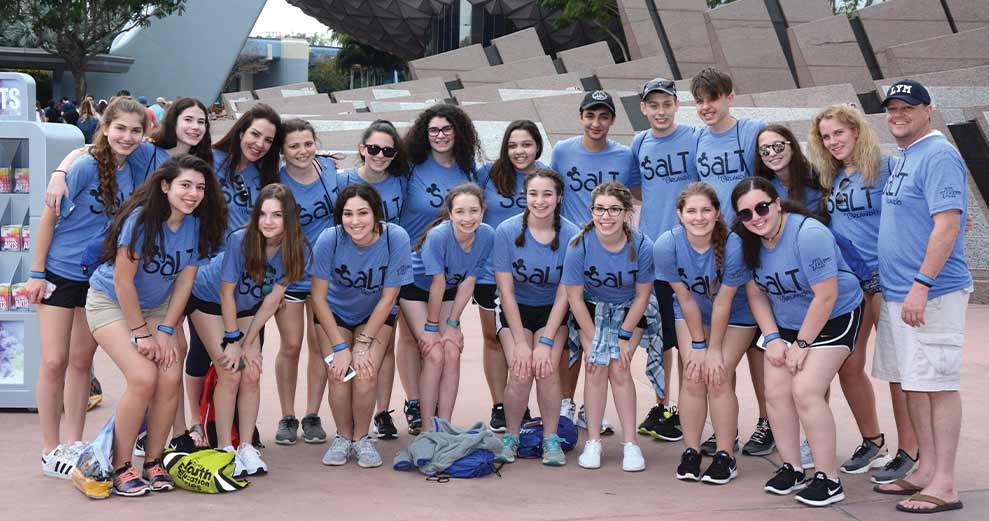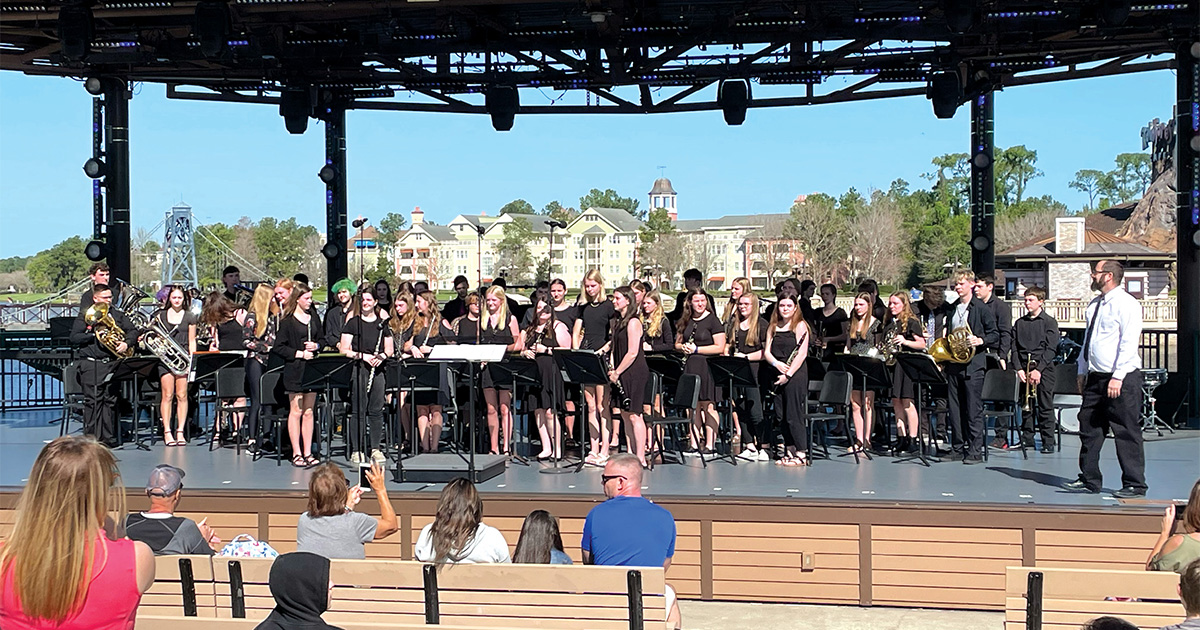Having been in education for over 25 years, Brad Swanson has long understood the value of student travel, in part from watching his own children travel.
Swanson has served as an English teacher, coach, and administrator and is currently the Assistant Superintendent for Human Resources at Glenbrook High School District 225 in Glenview, Illinois, which serves Glenbrook North and Glenbrook South High Schools.
“As a high school principal, I was always supportive of student travel and was honored to accompany music groups to China and Europe,” said Swanson, who began using Hemisphere Educational Travel in 2019 to help plan his trips. “From the perspective of a principal, I can see the positive impact it makes on students in high school.”
After having conversations with fellow educators and parents about the concerning nature of nonschool-sponsored senior spring break trips, fellow educator Ida Fiore and Swanson decided to create an alternative travel experience for students, rooted in service learning. That’s when Service and Learning Together, aka SaLT, was born.
These SaLT experiences can be powerful catalysts in changing students’ lives.
“SaLT trips prepare students to understand why specific needs exist and how their acts of service will make a difference,” said Swanson. “Students are challenged to learn empathy—not sympathy—for others as their service efforts become a part of the greater good in this world. Students also reflect deeply on their experiences, in order to best understand how their own lives have been changed.”
They’re changing the world by changing their world.
SaLT students engage in local service projects throughout the Chicagoland area and beyond. Through service-learning based travel, students support Make-a-Wish families at Give Kids The World in Orlando, volunteer side-by-side with the Tlingit and Haida tribes of Juneau, and restore housing in the inner city of New Orleans, Swanson notes.
“They get to know a uniquely different part of the country, appreciate the value of understanding a different culture, and better understand the social, racial, and political factors connected to various needs of a community.
“As educators,” he adds, “we have a tremendous responsibility to shape the hearts and minds of our young people. Some of the most tangible ways to support social-emotional growth for students are to create opportunities for them to meet new people, get out of their comfort zone, and make a difference for others.”
Each SaLT trip embraces Guiding Principles for personal reflection and group discussion:
- Respect and Learn, then Serve. Empathy, not sympathy.
- Communicate Love. Regardless of language, values or cultural differences, communicate love first.
- This Is It. Live fully in every moment. Appreciate the people around you and your current unique experience.
- Unplug. Enjoy a simpler life, free from distractions and full of concrete experiences.
- Be Flexible. Don’t be afraid to change your priorities, perspective or values based on new experiences.
- Little by Little. Change comes slowly, but you can still make a positive impact in only a short period of time.
- Bring it Home. Channel your newfound passions by finding ways to continue to make a difference and share your stories with family and friends.
The most exciting aspect of student travel for Swanson is seeing students’ lives being changed throughout their trips—whether through gaining new friends, increased confidence, a greater appreciation for family, new commitments to serving their own community, developing a new passion, or otherwise.
“These capstone travel experiences are life-changing, as students better understand how to truly make this world a better place, one connection, and one effort at a time,” said Swanson.
“I deeply believe that when educators create meaningful opportunities for students to get outside of their own comfort zone, challenge students to be the change they wish to see in the world, and foster deep personal reflection and discussion, then all lives can be changed through service-learning travel.”
Written by Sarah Suydam, Staff Writer for Teach & Travel.
This article originally appeared in the Jan/Feb 2020 issue of Teach & Travel.




